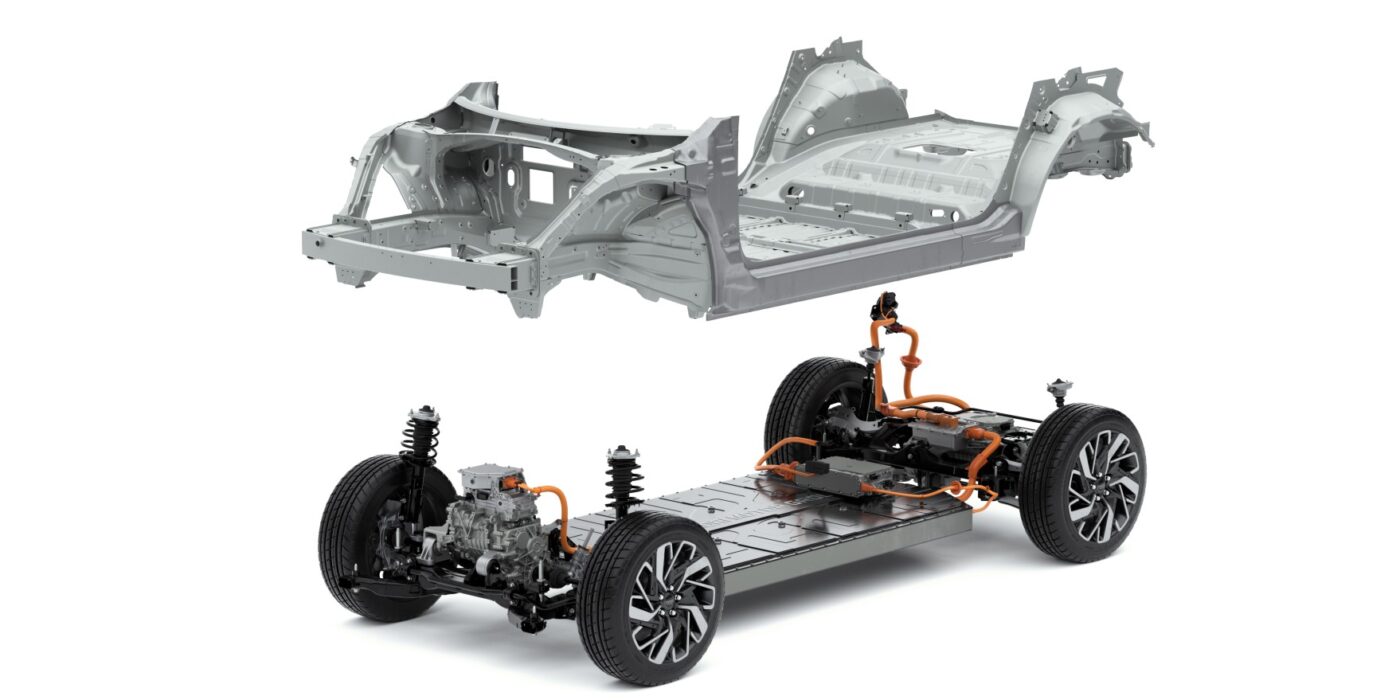Hyundai places first battery cell order with Samsung SDI
Hyundai’s purchase agreement with Samsung SDI runs from 2026 to 2032, according to Samsung SDI. The company will produce the battery cells for Hyundai’s e-cars in Europe in Hungary from 2026. They are therefore also destined for Hyundai’s European vehicle plant. In Nosovice, Czech Republic, Hyundai manufactures the Kona Electric with battery cells from LG Energy Solution, while Hyundai subsidiary Kia operates its European plant in Zilina, Slovakia.
The cells now ordered from Samsung SDI are to be used in “next generation” e-cars. While there are no details about the vehicles yet, Samsung SDI is unusually open in its approach to information about the battery cells themselves.
The order is for sixth-generation (P6) prismatic battery cells with NCA (nickel, cobalt, aluminium) cathode chemistry, with 91 per cent nickel. The battery cells also use a silicon-based anode instead of graphite-based materials.
Hyundai has so far mainly relied on pouch cells. The thin foil pouches require less installation space in the battery pack than solid housings of round cells or prismatic cells. However, the solid housings not only offer additional safety, but also make it possible – depending on the design of the housing – to place a structural load on the cell itself. This makes cell-to-pack concepts possible.
“We have taken the first step forward with Hyundai Motor Company, which is a leader in the global automotive industry,” said Yoon-ho Choi, president and CEO of Samsung SDI. “The company will do its utmost to help Hyundai Motor strengthen its global leadership by expanding its long-term partnership with the automaker and providing customers with unrivalled technologies and the highest quality.”
Samsung SDI had recently fallen behind its South Korean competitors LGES and SK On in the battery market, but was able to negotiate some important orders and cooperations. Together with General Motors, a battery cell production plant is being built in Indiana, and the construction of a second cell factory (also in Indiana) was recently confirmed in the joint venture with Stellantis called StarPlus Energy. In addition, according to a media report from the summer, BMW wants to purchase large-volume round cells from the Hungarian plant in Göd.





0 Comments